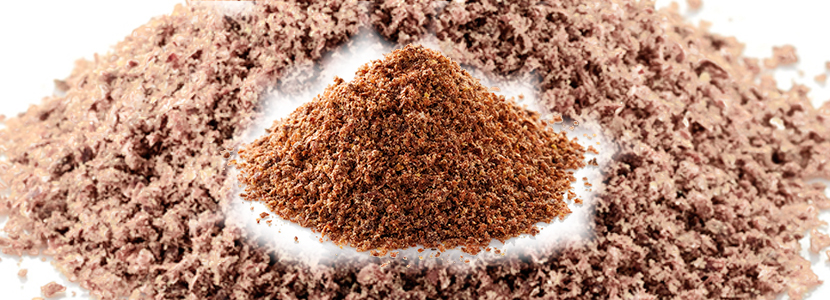UK cautiously explores lifting the ban on PAP feed for pigs and poultry
The UK is gradually reconsidering its long-standing ban on processed animal proteins (PAPs) in pig and poultry feed, originally imposed in the wake of the BSE crisis of the 1980s. This epidemic resulted in the culling of 4 million cattle and caused 178 human deaths from variant Creutzfeldt-Jakob disease (vCJD).
Consultation launched in Scotland
A consultation initiated by the Scottish Government in late 2024 is exploring the potential use of poultry PAPs in pig feed and porcine PAPs in poultry feed. Adrian Kesterson, technical advisor for FABRA UK, highlighted that similar consultations are expected to take place in England and Wales later this year.
Kesterson explained that if the consultations result in positive feedback, the government will begin drafting legislation, though changes are unlikely to be implemented before 2026. He emphasized that UK farmers and feed producers are keen to access PAPs, just as their European counterparts have since 2021, adding, “Public and retailer sentiment remains to be gauged, but no backlash was reported in Europe after the rule change.”
EU policy: PAPs inclusion in feed
The European Union (EU) updated its regulations in 2021, allowing the use of poultry PAPs in pig diets and porcine PAPs in poultry diets, with typical inclusion rates ranging from 5–10%. PAPs, which are produced from Category 3 materials (fit for human consumption at slaughter), offer a high-protein alternative to plant-based ingredients like soya and rapeseed. Strict traceability measures ensure no intra-species feeding risks, addressing public health concerns.
Risk assessment and international implications
The Animal and Plant Health Agency has assessed the risk of transmissible spongiform encephalopathies (TSEs), such as BSE, as low under current conditions. Additionally, the UK has applied to the World Organisation for Animal Health (WOAH) to revise its BSE risk status from “controlled” to “negligible”. A successful application would not only support domestic policy changes but also enhance the UK’s ability to export meat and by-products internationally.
Diverse reactions from stakeholders
The British Veterinary Association (BVA) has expressed conditional support for lifting the PAP ban, acknowledging the minimal risk of TSE recurrence. However, the BVA raised concerns about the potential spread of other pathogens, such as African swine fever, porcine epidemic diarrhea virus, and classical swine fever. They noted the risks associated with imported PAPs, which may lack robust quality controls.
Animal welfare group Compassion in World Farming cautiously supports the use of PAPs, recognizing their nutritional value for omnivores like pigs and chickens. However, the group voiced concerns over the inclusion of insect-based feeds in the same consultation, citing the need for greater regulatory oversight.
What lies ahead?
As consultations proceed, the UK government will need to balance economic benefits with biosecurity measures to protect animal and public health. Any legislative changes are expected no sooner than 2026, as policymakers aim to align UK practices with EU standards while addressing domestic concerns.
